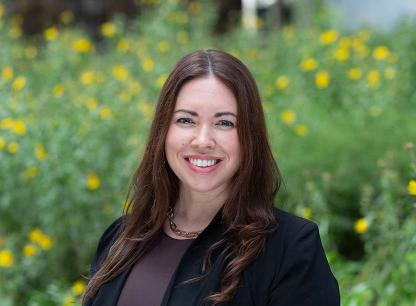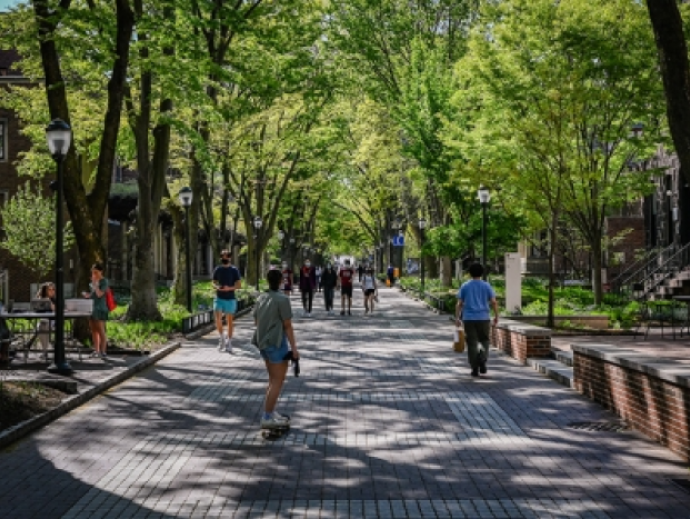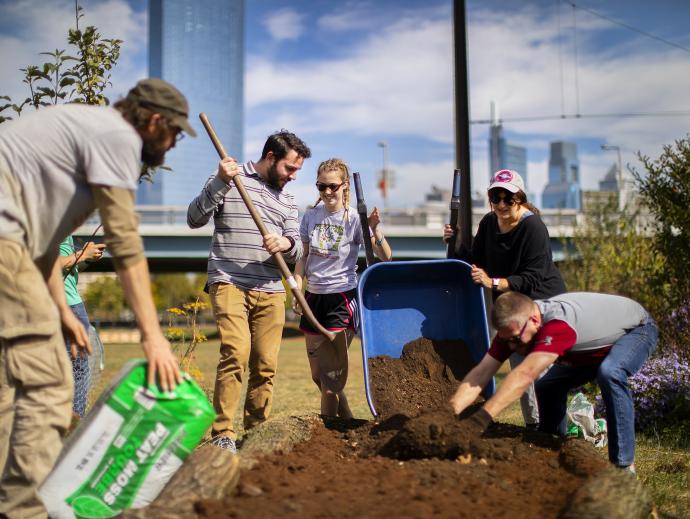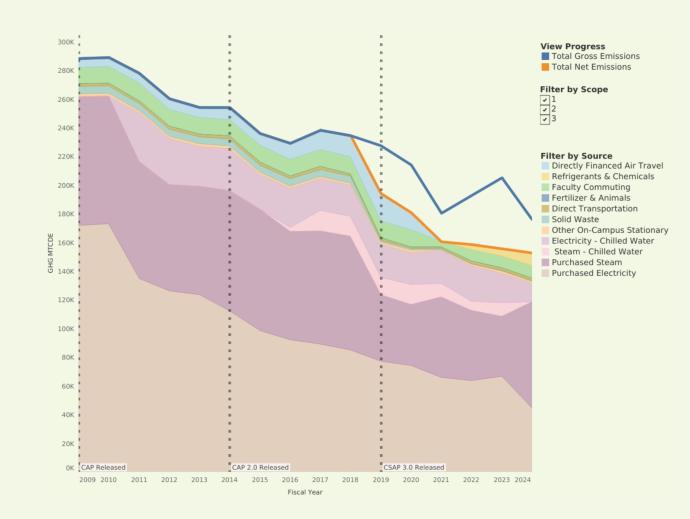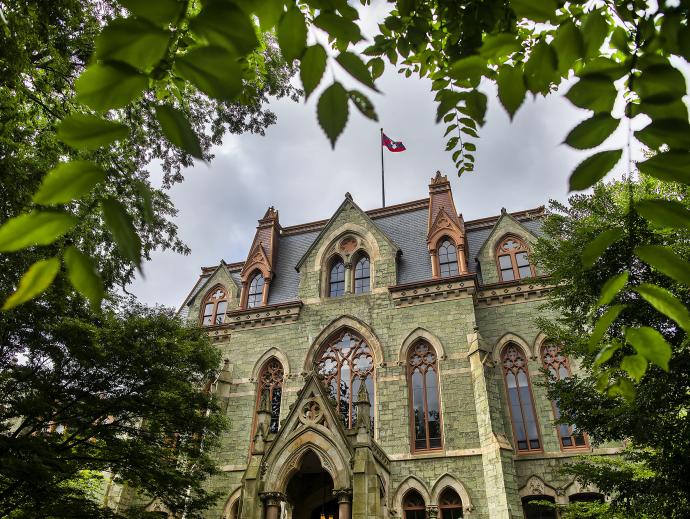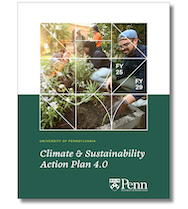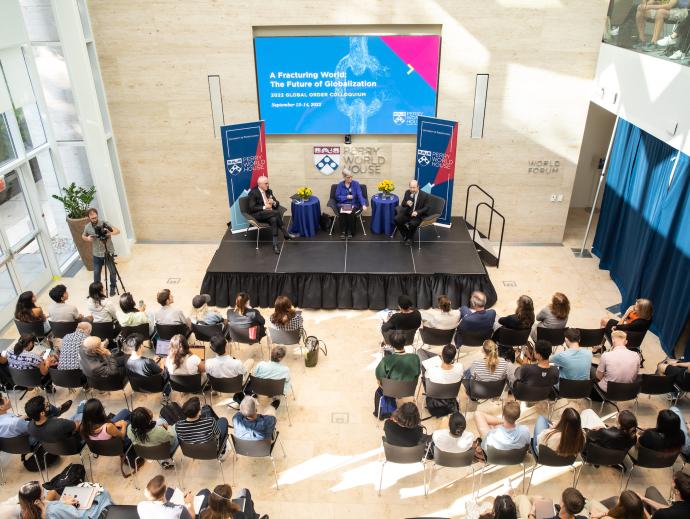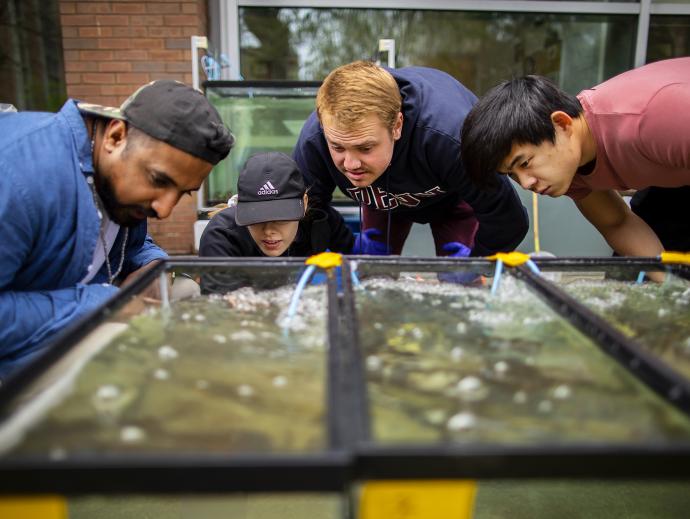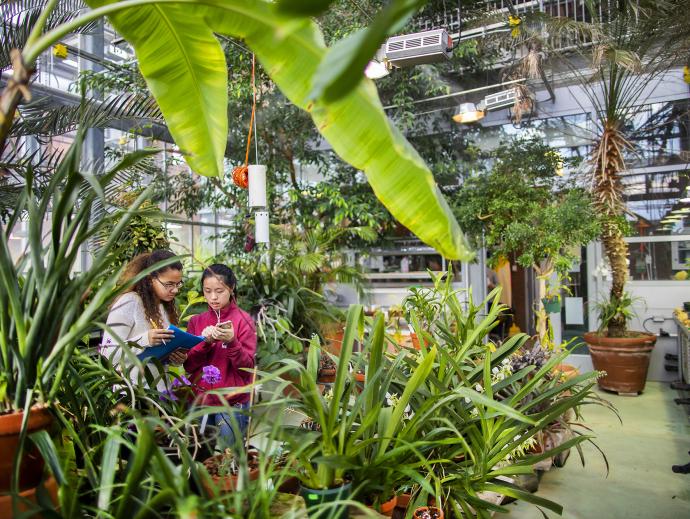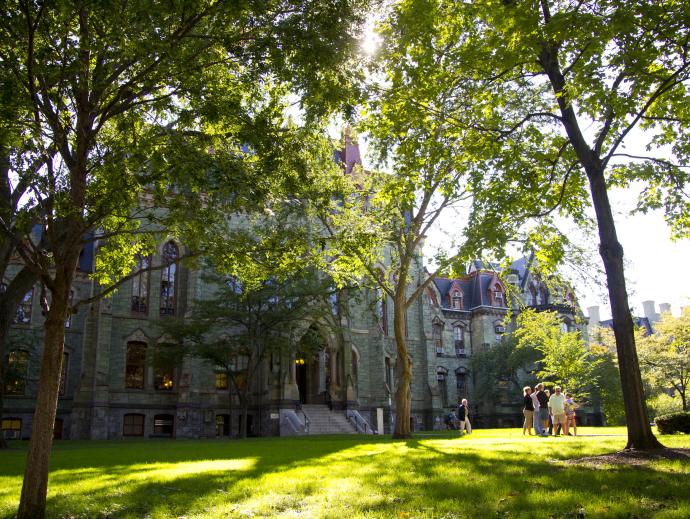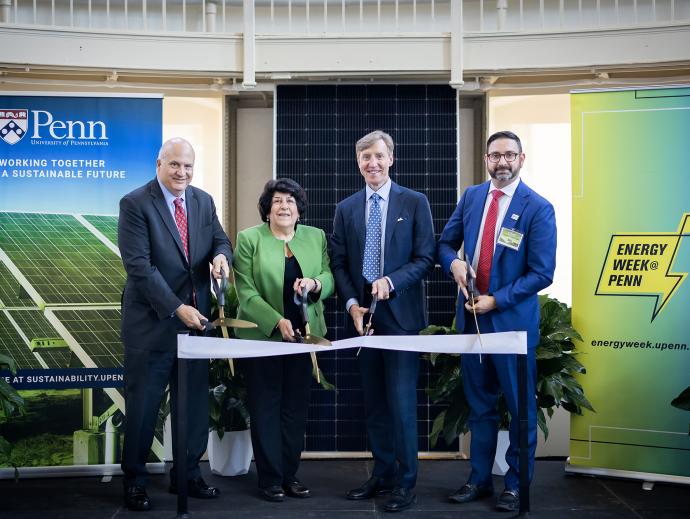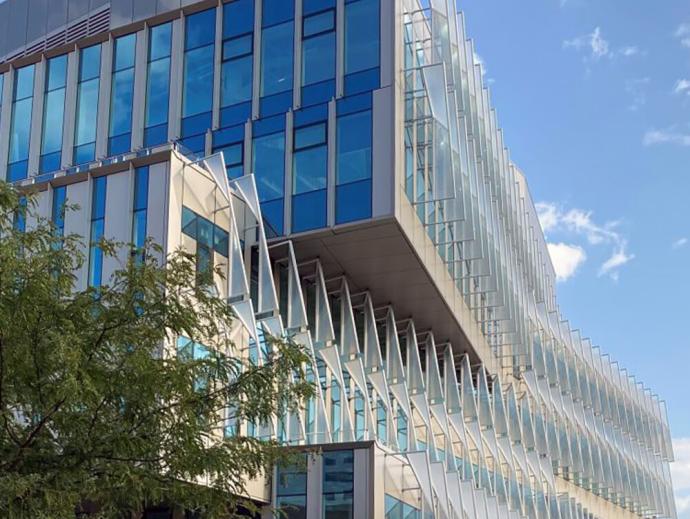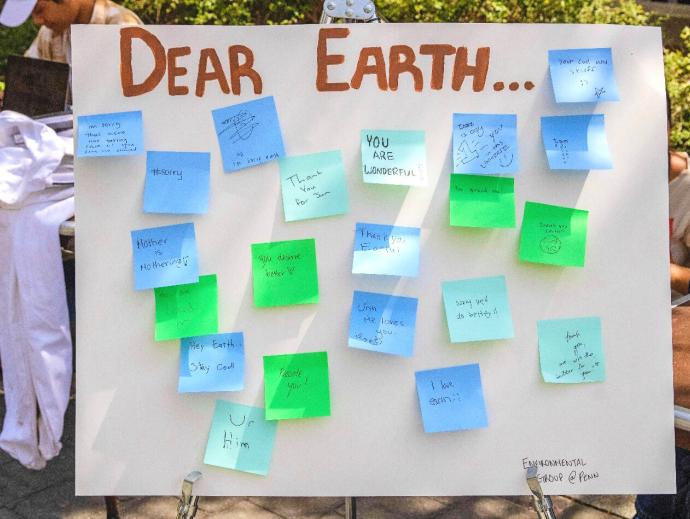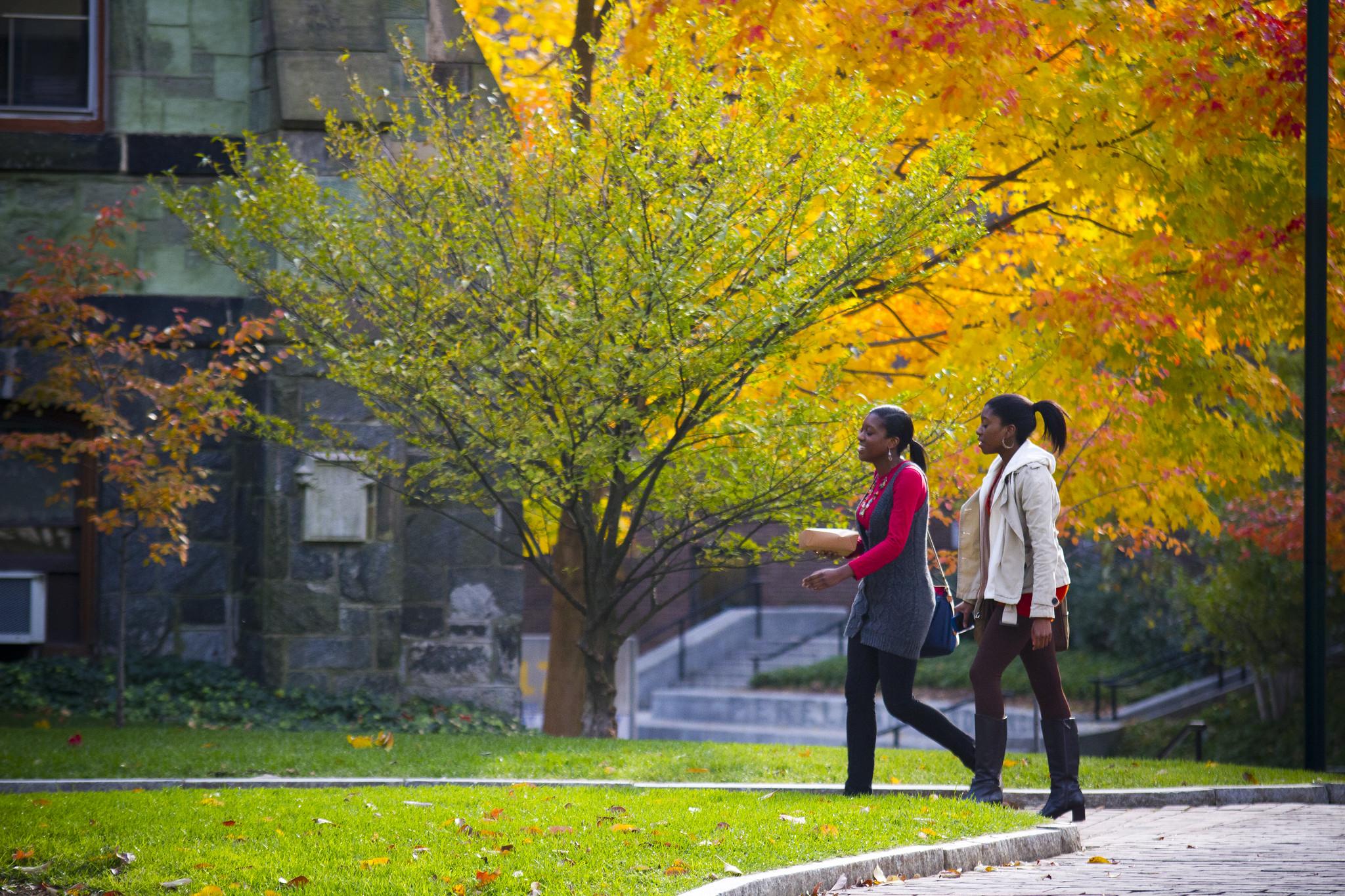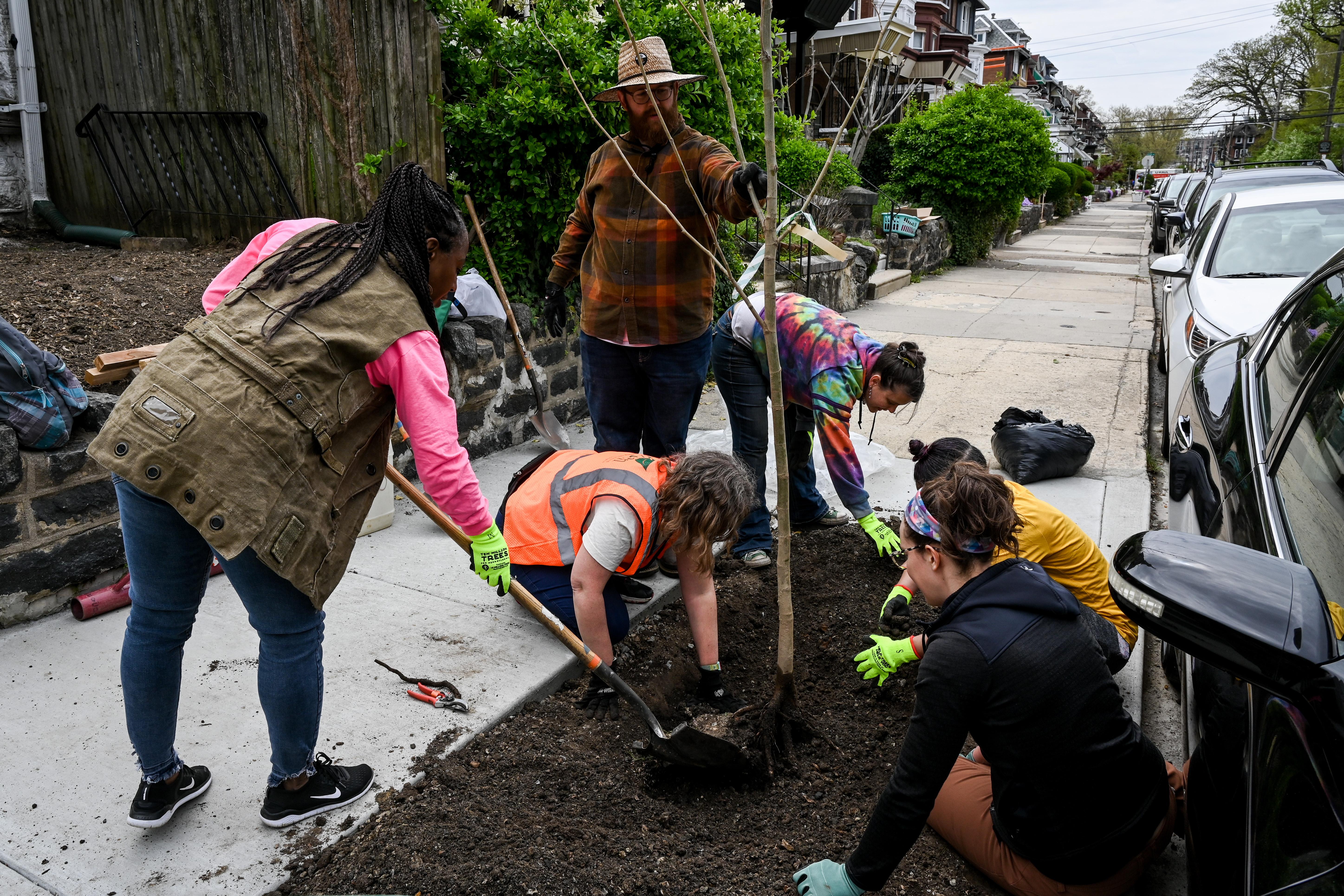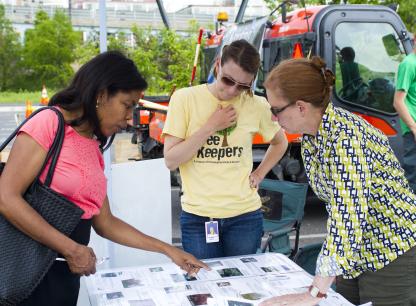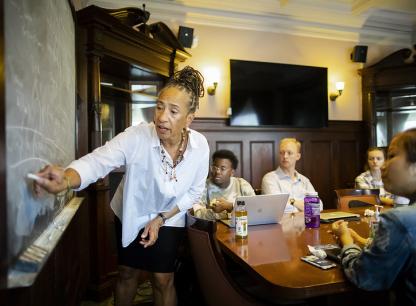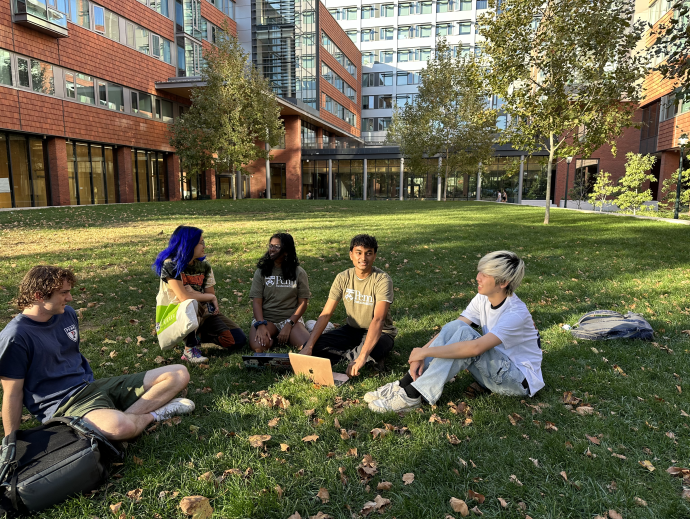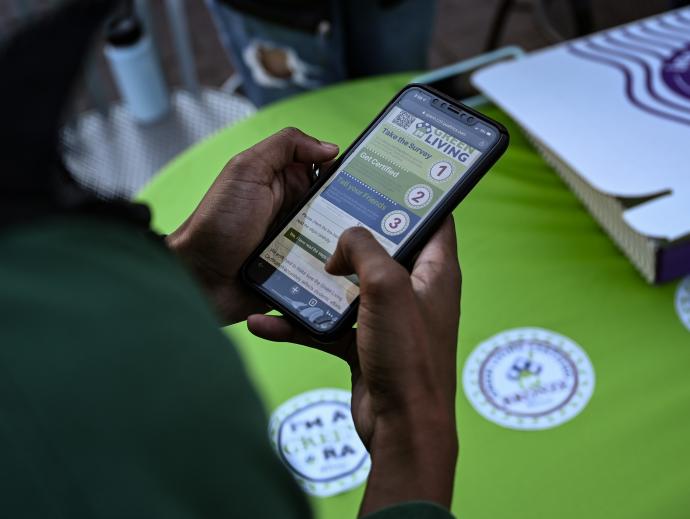Ultra-Low Temperature Freezer Program
Ultra-Low Temperature (ULT) freezers, also known as -70- and -80-degree freezers, use immense energy. The Ultra-Low Temperature Freezer Program, established in 2015, aims to reduce the number of inefficient, under-utilized and abandoned freezers and to incentivize the purchase of highly efficient ULT freezers. Funded by the Energy Reduction Fund (ERF) in Facilities & Real Estate Services (FRES), this program provides incentives through a rebate for freezer recycling and purchasing new, highly efficient freezers. Applicants can also qualify for freezer recycling and new freezer purchasing with the replacement rebate. The Ultra-Low Temperature Freezer Program has provided more than 300 rebates.
Program Structure
This program is only applicable to ULT freezers; ordinary refrigerators and freezers are not eligible for this program. Eligible freezers must be installed in/recycled from university-owned and/or operated properties. UPHS and university satellite locations are not eligible for this program. Rebates only apply to freezers with an efficiency within the program's specified range. Energy efficiency is based on the ENERGY STAR ULT Freezers Test Method. The graduated rebate amounts are based on energy efficiency and ERF criterion, each School and/or Center must fund at least 20% of the efficiency measure.
Rebate Types:
- Freezer Recycling Rebate: This rebate provides $500 for decommissioning and recycling a ULT freezer. The freezer owner is responsible for the removal and disposal of the freezer’s contents. Proof of recycling is required to receive this rebate, including a certificate of recycling and vendor receipt. The selected recycler must be certified under the Responsible Recycling ("R2") Standard for Electronics Recyclers OR the e-Stewards Standard for Responsible Recycling and Reuse of Electronic Equipment ("e-Stewards®"). University-preferred vendors include:
- Freezer Replacement Rebate: This rebate provides $1,500-$3,000 towards replacing inefficient ULT freezers with a new highly efficient ULT freezer. This rebate combines the components of the Freezer Recycling Rebate and New Freezer Purchase Rebate. Proof of purchase of a new freezer and recycling of an inefficient freezer is required to receive this rebate, including a certificate of recycling and vendor receipts. The selected recycler must be certified under the Responsible Recycling ("R2") Standard for Electronics Recyclers OR the e-Stewards Standard for Responsible Recycling and Reuse of Electronic Equipment ("e-Stewards®"). See the chart below for rebate rates.
- New Freezer Purchase Rebate: This rebate provides $1,000-$2,500 towards purchasing a new highly efficient ULT freezer. While we encourage the replacement of existing inefficient freezers over new, avoidable purchases, additional new freezers may be necessary and can qualify for a rebate if an energy-efficient model is selected. Proof of purchase is required to receive this rebate, including a vendor receipt.
See table for rebate rates:
| Rebate Type | Efficiency Level | Tier | Rate |
|---|---|---|---|
| Freezer Recycling | -- | -- | $500 |
| Freezer Replacement | 0.26-0.31 kWh/day/cu-ft
< 0.25 kWh/day/cu-ft | Tier 1
Tier 2 | $1,500
$3,000 |
| New Freezer Purchase | .26-0.31 kWh/day/cu-ft
< 0.25 kWh/day/cu-ft | Tier 1
Tier 2 | $1,000
$2,500 |
Rebates are subject to change based on current energy efficiencies available on the market and will be assessed based on date of application submission, not of freezer purchase. Rebate applications must be submitted within one year of freezer purchase.
Ultra-Low Temperature (ULT) freezers, also known as -70- and -80-degree freezers, use an immense amount of energy. The Ultra-Low Temperature Freezer Program is a financial rebate program established to reduce the number of inefficient, under-utilized, and abandoned freezers and to incentivize the purchasing of highly efficient ULT freezers.
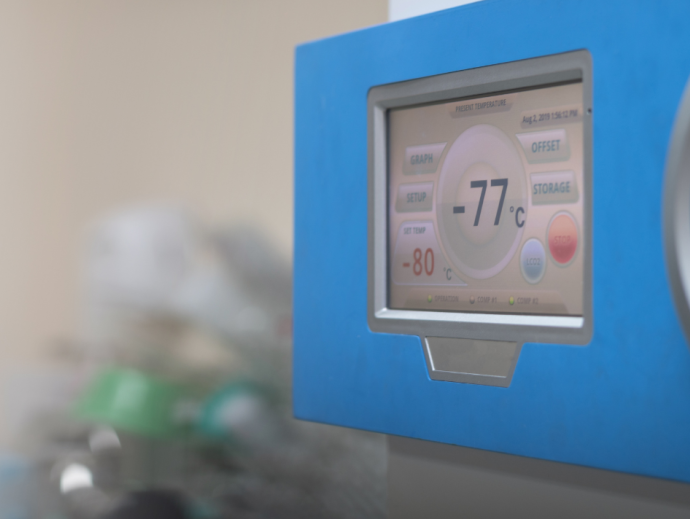
To reduce the number of inefficient, under-utilized, and abandoned freezers and to incentivize the purchasing of highly efficient ULT freezers.

